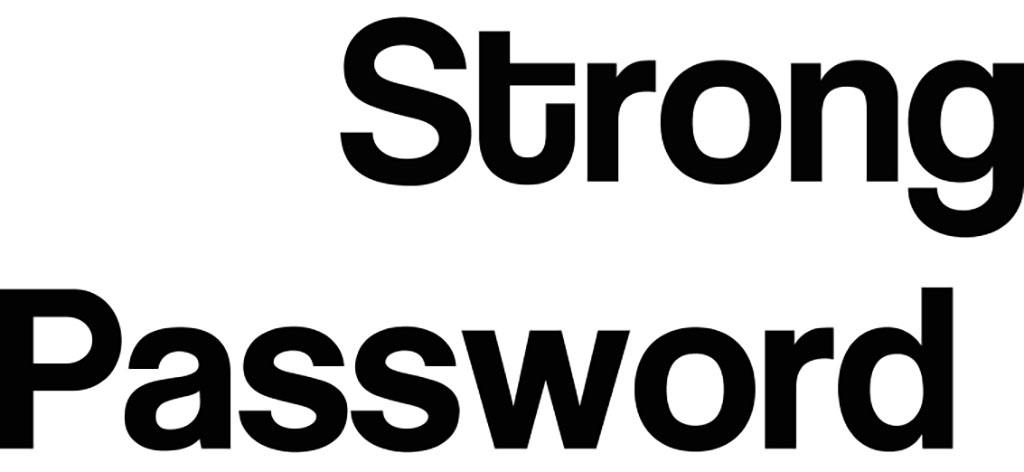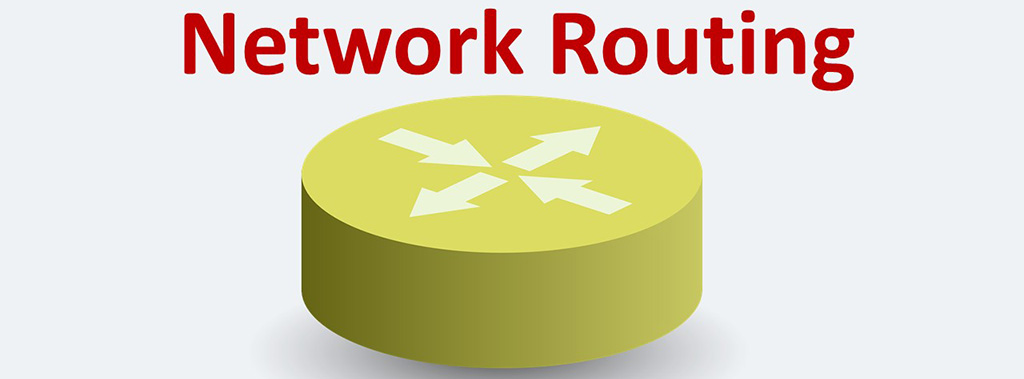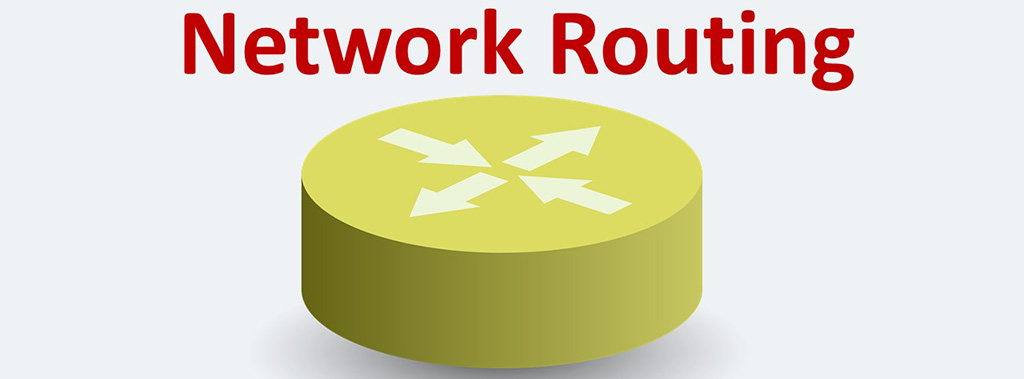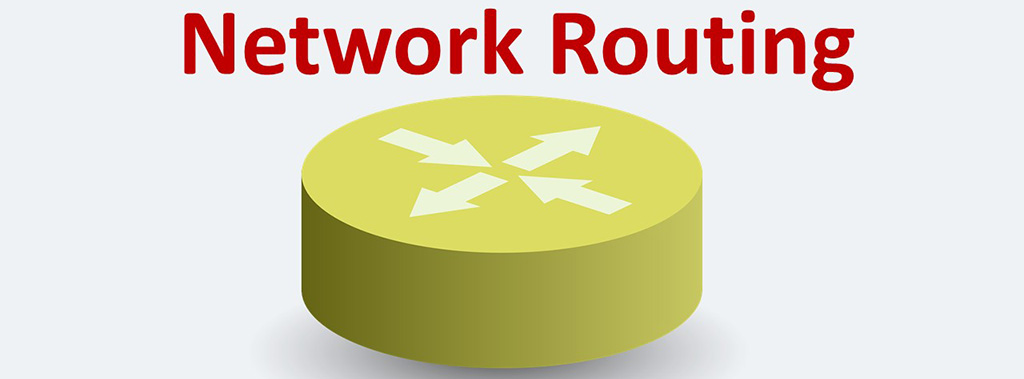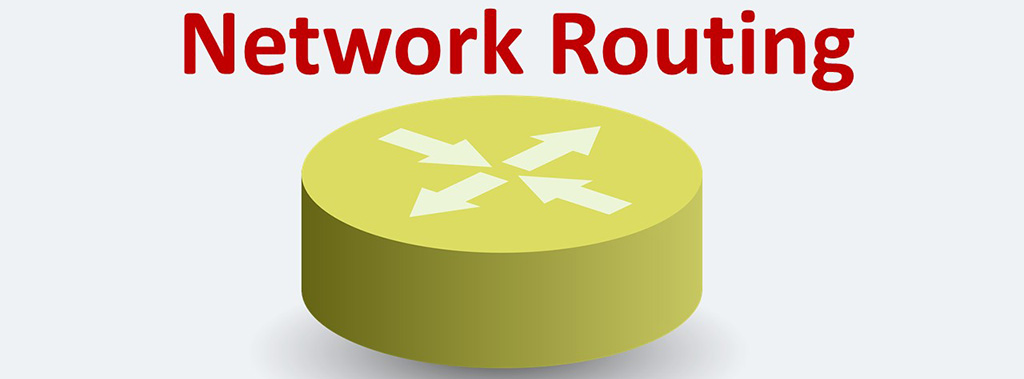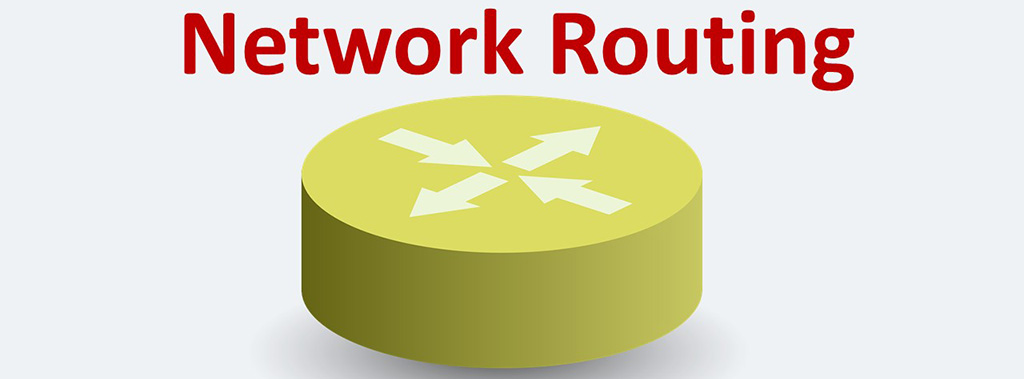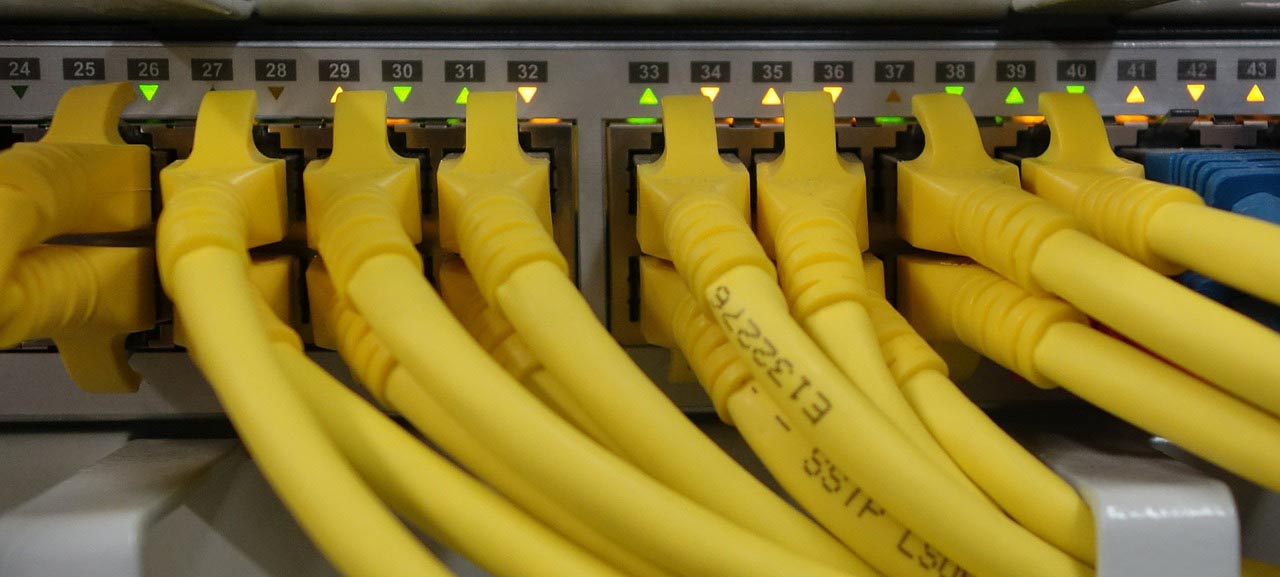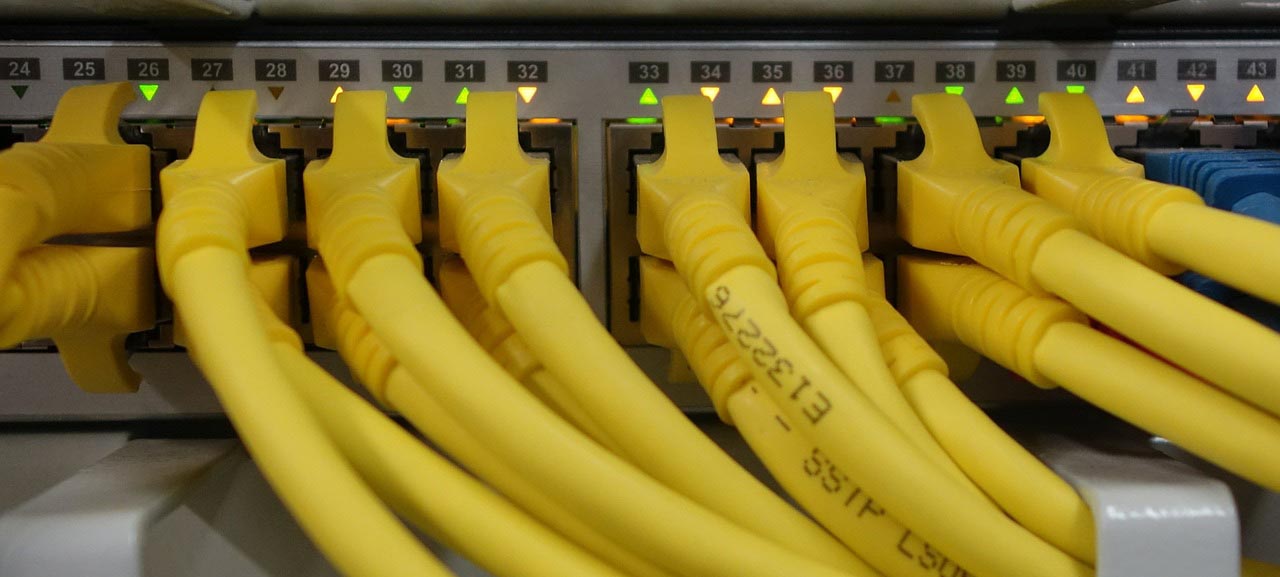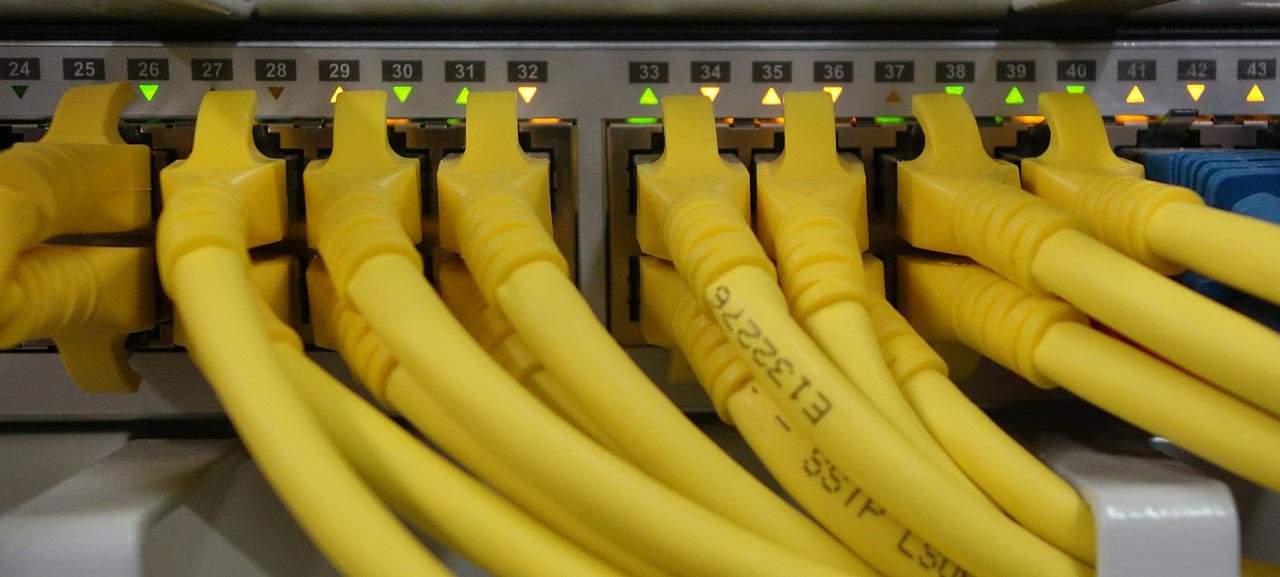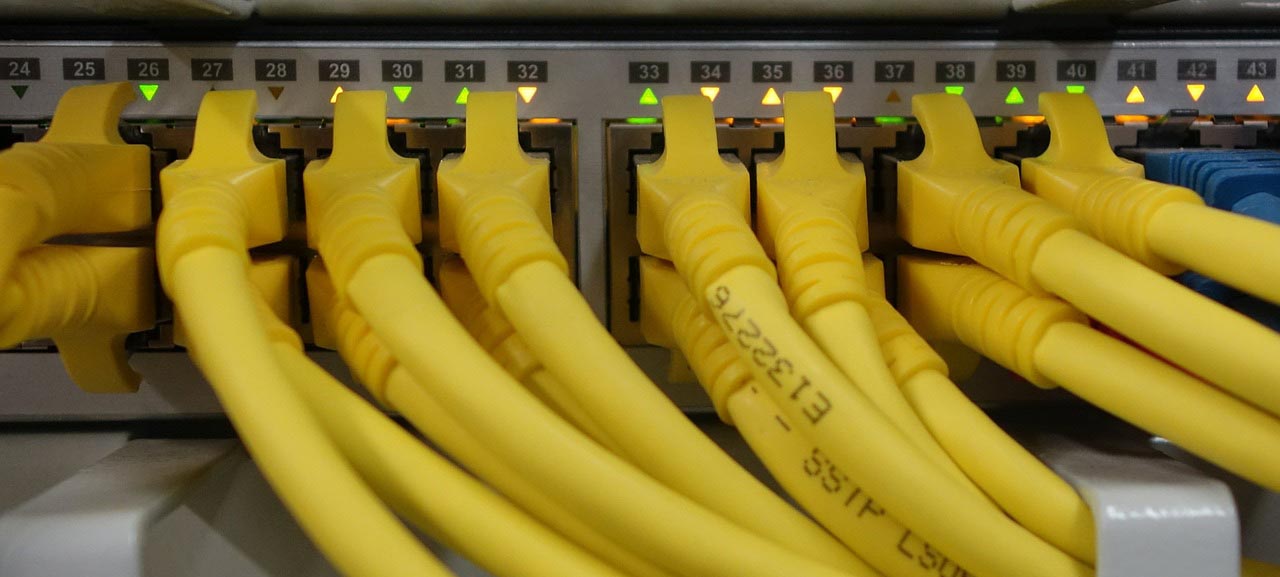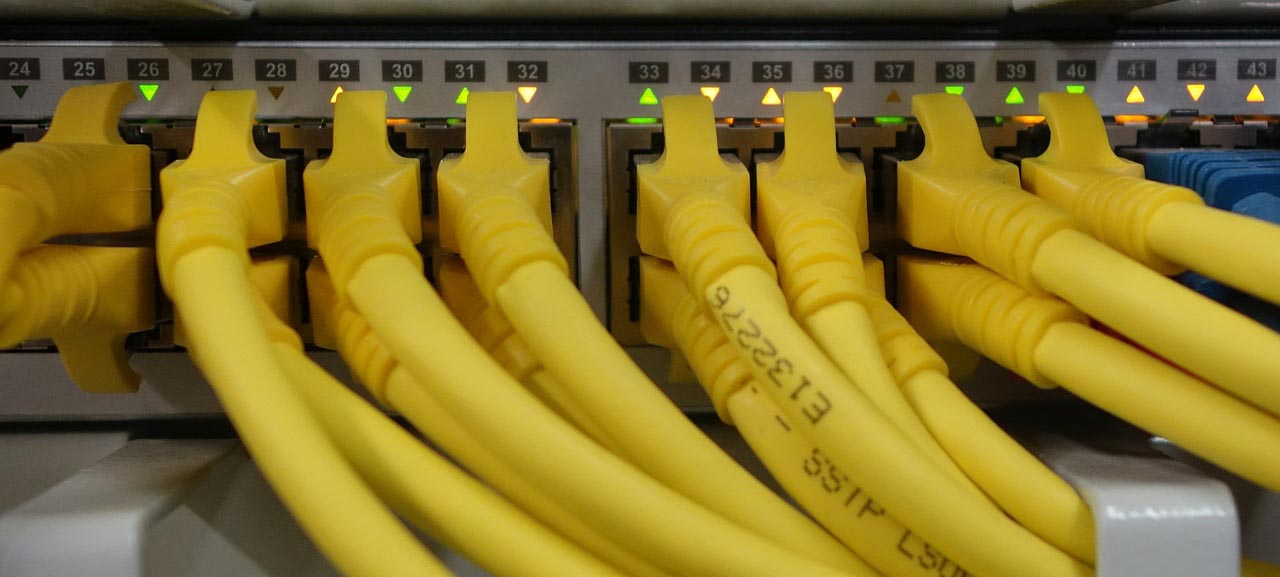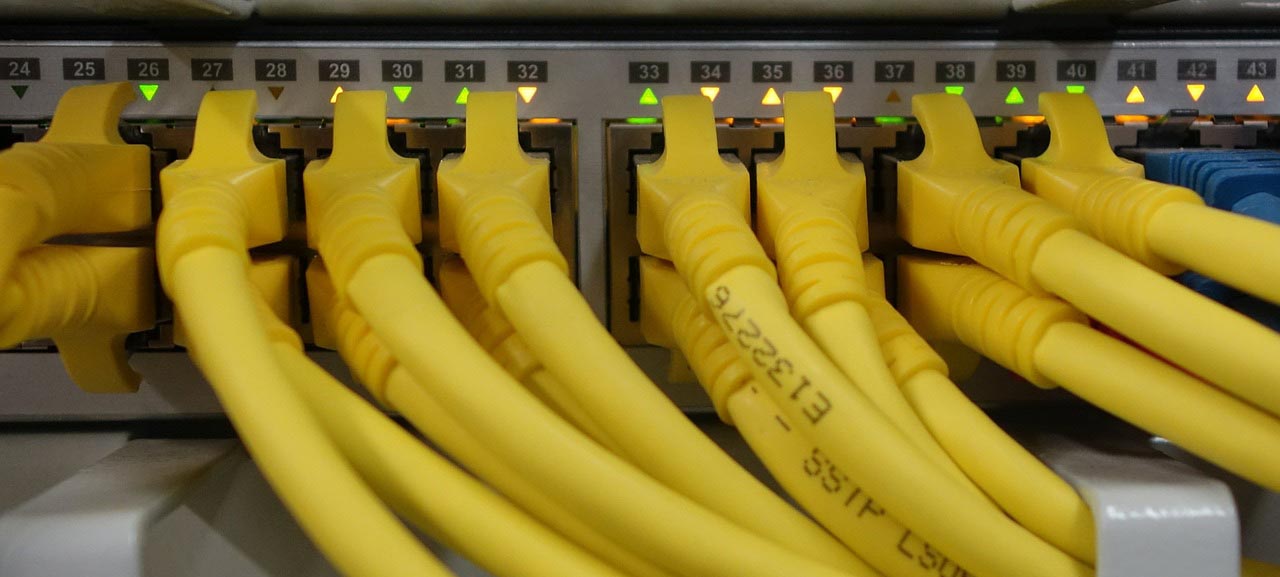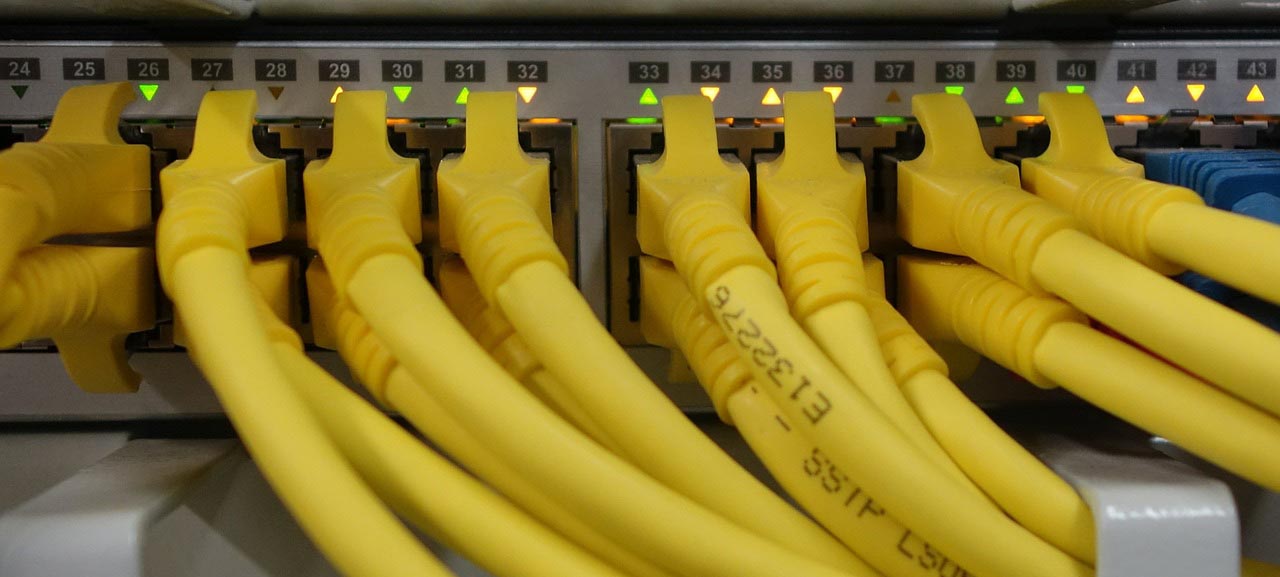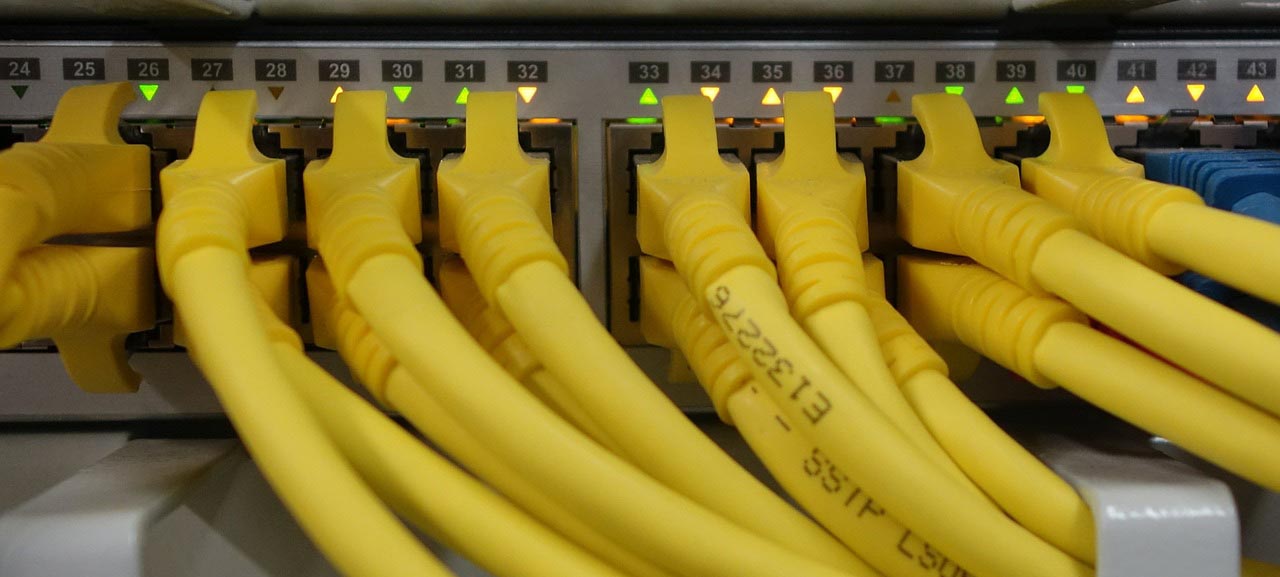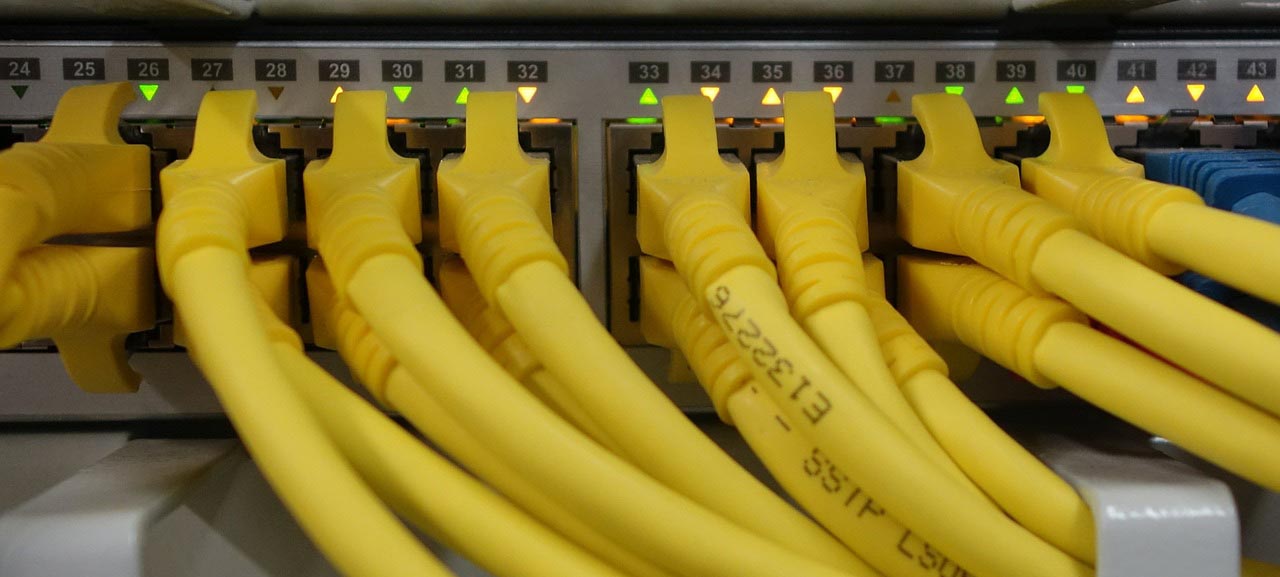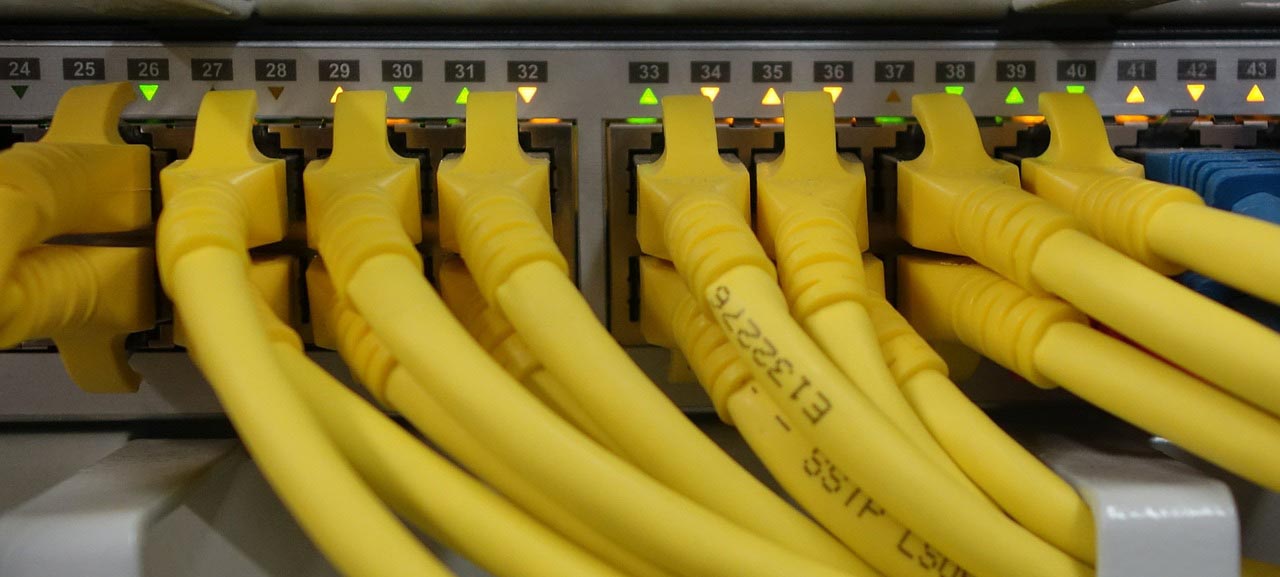One of the most important ways to ensure that your online interactions are safe and secure is to protect your passwords. Also, the more powerful your password, the harder it is for a hacker to invade your system.
A strong password:
- Is at least 12 characters long
- Is a combination of uppercase letters, lowercase letters, numbers, and symbols
- Should not be a word that can be found in a dictionary
- Should not be the name of a person or a popular entity.
- Must not had been used before.
- Try to choose a password that does not relate to any of your interests, important dates in your life (such as your date of birth, your spouse’s date of birth or your child’s date of birth, date of marriage, etc.), and even your opinions.
Also, you should follow these advices to keep password secure:
- Don’t share a password with anyone.
- If you have too many passwords to remember, consider using a password manager like Dashlane, or Password Boss. This will keep all of your passwords safe and you only have to remember one. Read this post about password managers.
- Never send your password.
- Use a unique password for each website.
- Not use the same password across all applications.
- As much as possible, try not to write down the password anywhere.
- Change passwords immediately on accounts you suspect may have been compromised.
- Avoid entering your password on any device if you’re unsure whether that device is secure.
- You should also avoid allowing your password to be saved on shared or public computers.
- Enable Two-factor Authentication (2FA) or Multi-factor authentication (MFA) whenever available. Read this post about MFA and 2FA.
- Be wary of anyone who is requesting sensitive information from you. Even if he/she is your closest friend.
- Never share your password in response to an email or phone request—for example, to verify your identity.

